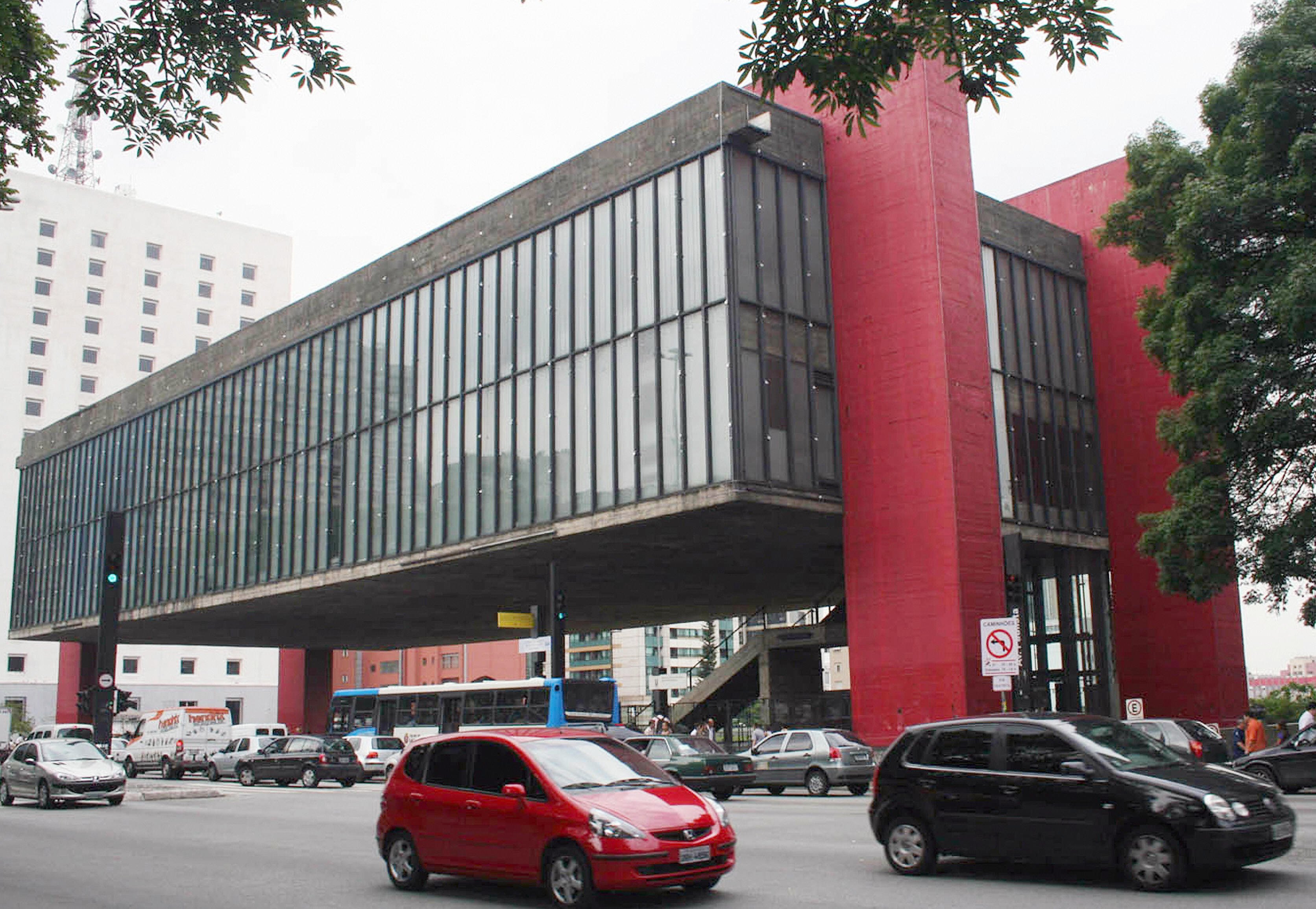
Controversy surrounding an exhibition at one of Brazil’s largest museums is gaining international attention amid the departure of Museu de Arte de São Paulo’s (MASP) first Indigenous curator Sandra Benites.
“Histórias Brasileiras (Brazilian Stories),” which explores Indigenous histories from the 16th century to the present, was expected to be one the institution’s banner shows this year. But after the museum declined to include six photos of the Landless Workers Movement (MST), a left-leaning agricultural movement influenced by Marxism and liberation theology, Benites and her co-curator, Clarissa Diniz, withdrew from the project.
The images in question, by João Zinclar, André Vilaron and Edgar Kanaykõ, heroically depict members of the mass social movement for land reform, which presently has 1.5 million members, according to its organizing body, the Núcleo de Base.
Benites, who belongs to the Guaraní Ñandeva people, began working on the exhibition shortly after she joined the museum in 2020. “The project of the exhibition ‘Histórias Indígenas’ at MASP is very important to awaken Indigenous memories, since most of them have been asleep,” she said in a statement at the time.
The show received a share of the $250,000 Sotheby’s Prize for history-making exhibitions-in-progress. It is part of a long-running series that includes “Histórias da sexualidade (Stories of Sexuality)” in 2017 and “Histórias Afro-atlânticas (Afro-Atlantic stories),” a version of which is on view at the National Gallery of Art in Washington, D.C.
In a statement posted to its website, MASP said the section organized by Benites and Diniz, “Retomadas (Resumption),” would be removed from the show, but the rest of the exhibition, which is produced by nine curators, would open as planned on July 30.
The museum said the decision to exclude the photographs was “in no way linked to the content of the works—nor does it represent any censorship of the MST—something inadmissible in a democratic institution such as MASP.” Instead, the museum said, the issue was scheduling: The curators had failed to meet the deadline for requesting the loans.
In an open letter published on May 15, the curators said the museum never stipulated a strict deadline for loans, nor did it appear to follow its own guidelines consistently. “The inclusion of these images did not even involve transport or insurance, as they were exhibition copies produced by printing digital files,” the curators wrote. Without the works, they said, they felt it would be a violation of the spirit of the project to proceed.
A representative for the museum did not immediately respond to a request for further comment from Artnet News, nor did Benites or Diniz. In a statement to ARTnews, a museum spokesperson said: “MASP regrets Sandra’s departure and respects the curator’s decision.”